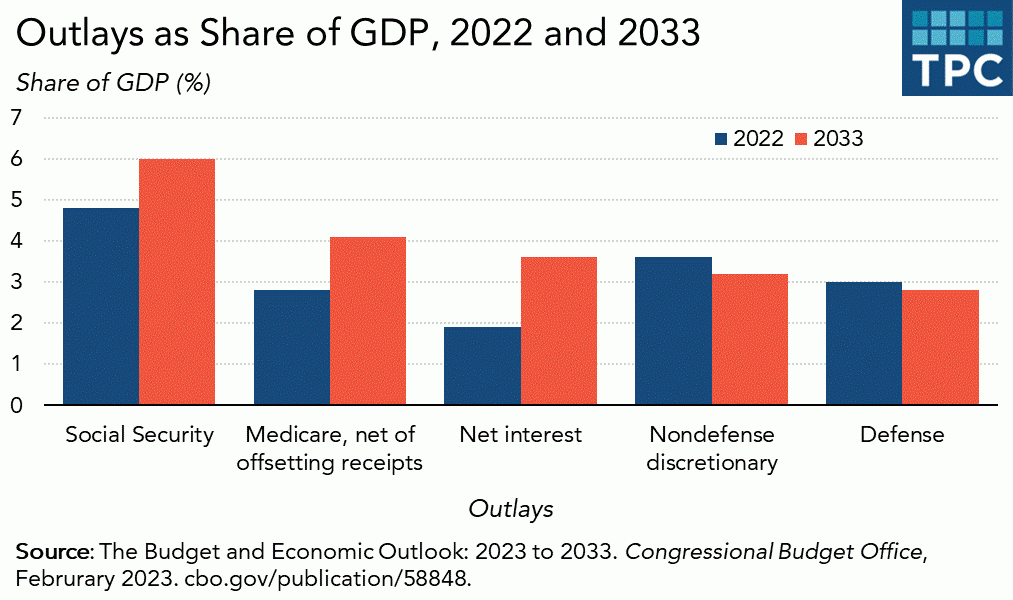What Might Be Missing from My Estate Plan?
If you have an estate plan in place it is always a good idea to check your plan from time to time to ensure that you are not missing important components or tools in your plan. Unfortunately, people frequently have incomplete estate plans. With that in mind, the Indianapolis estate planning attorneys at Frank & Kraft discuss what might be missing from your estate plan.
The Need for Comprehensive Estate Planning
If you have an estate plan in place, you are better off than about half of all American adults. Unfortunately, surveys tell us that despite understanding the importance of having an estate plan in place, many Americans do not have one. While a basic estate plan may be better than having no plan at all, an incomplete plan can also be problematic. Missing components and/or documents can increase the odds of litigation or cause your plan to fail entirely. Some items that are often missing in the average estate plan include:
- Trust agreement. People often believe that a trust is only necessary when significant assets are involved. On the contrary, most people can benefit from including a trust agreement in their estate plan and some people truly need one. Parents with minor children, for example, should have a trust in place to protect the inheritance intended for the children because minors cannot inherit directly from an estate.
- Living Will. If you have strong beliefs about end-of-life medical care, such as the use of life-sustaining measures, executing a Living Will is crucial to ensure that those wishes will be honored when the time comes.
- Health Care Power of Attorney. If you were suddenly unable to make health care decisions for yourself because of your own incapacity, who would you want to make them for you? To make sure that someone else doesn’t make them, you need a health care power of attorney in place.
- Letter of Instruction. You have a right to distribute your estate any way you wish; however, if you know that your estate plan details will confuse or anger someone, drafting a Letter of Instruction explaining why you made the choices you made can help prevent costly litigation after you are gone.
- Medicaid planning component. The longer you live the better the odds are that you will need long-term care. The cost of that care can be staggering. Moreover, neither Medicare nor most private health insurance policies will pay for long-term care. Medicaid will cover long-term care, but you must qualify for benefits. Unless you plan for the possibility that you will need to qualify for Medicaid you could lose your retirement nest egg because of the high cost of long-term care.
- Funeral planning component. No one wants to dwell on the fact that they will die someday. At the same time, you may have strong feelings about what happens to your body after the fact and/or the service to be held after you are gone. The best way to make sure those wishes are honored is to include a funeral and burial component in your estate plan. Doing so also allows you to arrange for the cost involved in your funeral and burial so that your loved ones do not have to bear that burden while also grieving your loss.
Contact Indianapolis Estate Planning Attorneys
For more information, please join us for an upcoming FREE seminar. If you have additional questions or concerns about your estate plan, contact the experienced Indianapolis estate planning attorneys at Frank & Kraft by calling (317) 684-1100 to schedule an appointment.
Paul Kraft is Co-Founder and the senior Principal of Frank & Kraft, one of the leading law firms in Indiana in the area of estate planning as well as business and tax planning.
Mr. Kraft assists clients primarily in the areas of estate planning and administration, Medicaid planning, federal and state taxation, real estate and corporate law, bringing the added perspective of an accounting background to his work.
Latest posts by Paul A. Kraft, Estate Planning Attorney (see all)






